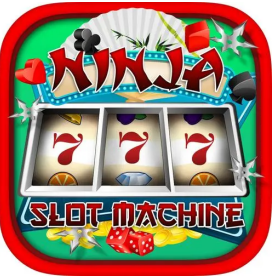
# Is 13 a Lucky Number in Japan?
In many cultures, numbers carry specific meanings and superstitions. In Japan, the number 13 is often shrouded in mystery. While some may consider this number unlucky based on other cultural beliefs, the sentiment in Japan isn't as straightforward. This article explores how the number 13 is perceived in Japan, delving into its cultural significance, connotations, and how it compares to other numbers.
## 1. Historical Context of Numbers in Japan
Japanese culture has a rich tapestry of beliefs regarding numbers. Traditionally, certain numbers are viewed as either auspicious or inauspicious. For example, the number 4 (shi) is often associated with death, while the number 7 (shichi) is frequently seen as lucky.
### 1.1 The Role of Numerology
Numerology plays a significant role in Japanese culture, where each number can have different interpretations based on their phonetic sounds and historical associations. Despite these prevalent beliefs, the number 13 does not have a widely recognized status as being unlucky or particularly blessed.
## 2. The Symbolism of the Number 13
Unlike in Western cultures, where 13 is typically automatic fodder for superstition, the Japanese approach is more nuanced.
### 2.1 Variations in Interpretation
- **Cultural Disparity**: Some people actively avoid using the number 13. For instance, buildings sometimes skip the 13th floor.
- **Influence of Foreign Beliefs**: Exposure to Western чисел symbols has contributed to some negative perceptions surrounding 13.
## 3. The Perspective of Modern Japan
As Japan becomes increasingly influenced by global trends, the traditional views on numbers are evolving.
### 3.1 Changing Attitudes
Today, younger generations may regard the number 13 with less fear. Various forms of media, including movies and games, portray the number in a more neutral or even positive light, diluting its previously feared status.
## 4. Comparative Analysis with Other Numbers
While 13 is its own number with varied interpretations, it’s essential to consider how it ranks among others.
### 4.1 The Perception of Other Key Numbers
1. **Lucky Numbers**:
- **7**: Universally lucky in Japanese culture.
- **8**: Often seen as prosperous due to its phonetic similarity to "prosperity."
2. **Unlucky Numbers**:
- **4**: Strongly avoided due to its association with death.
- **9**: Linked to suffering (ku).
### 4.2 The Contrasting Views
Although 13 can evoke mixed feelings, it doesn't suggest a general aversion like that attributed to 4 and 9. Instead, it occupies a unique middle ground in the realm of numerology.
## Conclusion
In summary, the perception of the number 13 in Japan is complex. While it may share associations with luck or misfortune depending on context, it does not hold the unequivocal "bad luck" status seen in other cultures. Instead, modern influences are gradually reshaping and reinterpreting how this number is viewed. As attitudes evolve, the number 13 in Japan might just emerge as a symbol of intrigue rather than superstition. With diverse beliefs surrounding numbers, it continues to be an engaging topic of discussion, encapsulating the dynamic interplay between tradition and modernity.
**Word Count: 540**